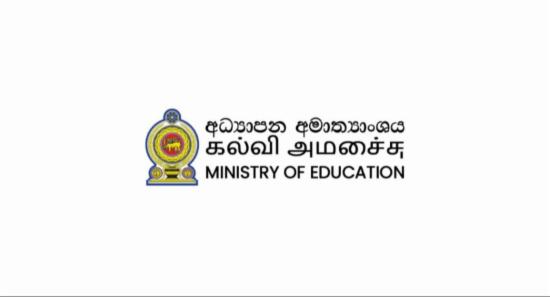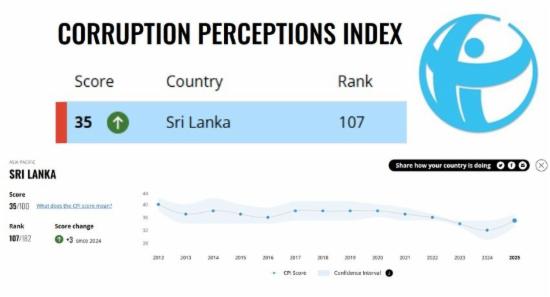.webp)
-734541.jpg)
'Online Safety Bill' tabled in Sri Lankan Parliament casting aside concerns by many factions
COLOMBO (News 1st); The 'Online Safety Bill' was tabled in Parliament on Tuesday (3) by Public Security Minister Tiran Alles.
According to the bill, a commission of five individuals appointed by the President will be empowered to block any social media account, prosecute, fine and even imprison individuals.
Sri Lankan authorities gazetted the Online Safety Bill, dated the 15th of September 2023, by order of the Minister of Public Security.
The Online Safety Bill is to establish the Online Safety Commission; to make provisions to prohibit online communication of certain statements of fact in Sri Lanka; and to prevent the use of online accounts and inauthentic online accounts for prohibited purposes, and other related matters.
Subject to the provisions of section 6, the Commission shall consist of five members appointed by the President and the term of office of a member of the Commission shall be three years from the date of appointment.
As per the Online Safety Bill, the commission members shall have qualifications and experience in one or more of the fields of information technology, law, governance, social services, journalism, science and technology or management.
The Commission will have the power to issue directives to persons, service providers or internet intermediaries, who have published or communicated or whose service has been used to communicate any prohibited statement, requiring them to provide to persons who have been adversely affected by any prohibited statement, an opportunity of responding to such prohibited statement.
The Commission will have the power to issue notices to any internet access service providers or internet intermediary to disable access to an online location which contains a prohibited statement by the end users in Sri Lanka or to remove such prohibited statement from such online location.
Concerns have been mounting over this proposed piece of legislature by the Sri Lankan Government.
International Commission of Jurists:
The International Commission of Jurists said that Sri Lanka's proposed Online Safety Bill would be an assault on freedom of expression, opinion, and information.
The ICJ is concerned that the newly proposed Online Safety legislation, if adopted in its present form, would serve to crush free expression and further contract an already shrinking civic space in Sri Lanka, it said in a statement on Friday (29).
The ICJ considers that several provisions of the bill would serve to undermine the exercise of human rights and fundamental freedoms in the country, including freedom of information and expression. Of particular concern are provisions related to the setting up, appointment and functions of an Online Safety Commission and other experts, the vague and overbroad wording of conduct designated as punishable offences and unnecessary and disproportionate punitive sanctions.
The ICJ considers that the Bill should not be evaluated in a vacuum, but instead must be read in conjunction with existing and proposed legislation that threaten human rights. Such laws include the extremely misused ICCPR Act of 2005, the Prevention of Terorrism Act (PTA), the Bureau of Rehabilitation Act, and the proposed Anti-Terrorism law which seeks to replace the PTA. This body of legislation, taken together, fosters a chilling effect on the exercise of fundamental freedoms restricting civil society while unduly expanding the reach of the security state.
Asia Internet Coalition:
The Asia Internet Coalition, which includes the world’s largest social media and tech giants, says that it is concerned that the Sri Lanka Government is moving the Online Safety Bill without undertaking any stakeholder consultation.
The Asia Internet Coalition is comprised of Amazon, Apple, Booking.com, Expedia Group, Google, GoTo, Grab, Line, Linkedin, Meta, Pinterest, Rakuten, Shopify, Snap Inc, Spotify, Twitter, and Yahoo.
It added that Sri Lanka's proposed Online Safety Bill provides for a draconian system to stifle dissent and Sri Lankans’ rights to expression.
"While our member companies take seriously the online safety of those who use their services, legislation should not dampen innovation by restricting public debate and the exchange of ideas that can consequently impact the digital economy. We strongly urge the Government to work closely with industry stakeholders to develop regulations that are proportionate, reasonable, consistent with international best practices, and most importantly, support the growth of Sri Lanka’s nascent digital economy," it said.
Other Articles
Featured News





.png )
-826906_550x300.jpg)


-826887_550x300.jpg)

-826875_550x300.jpg)







-822734_550x300.jpg)
-822716_550x300.jpg)
















.gif)